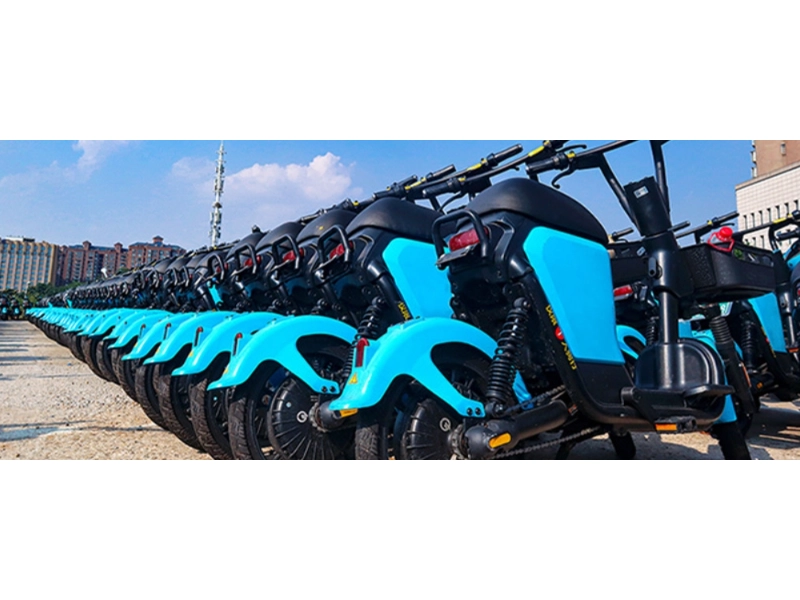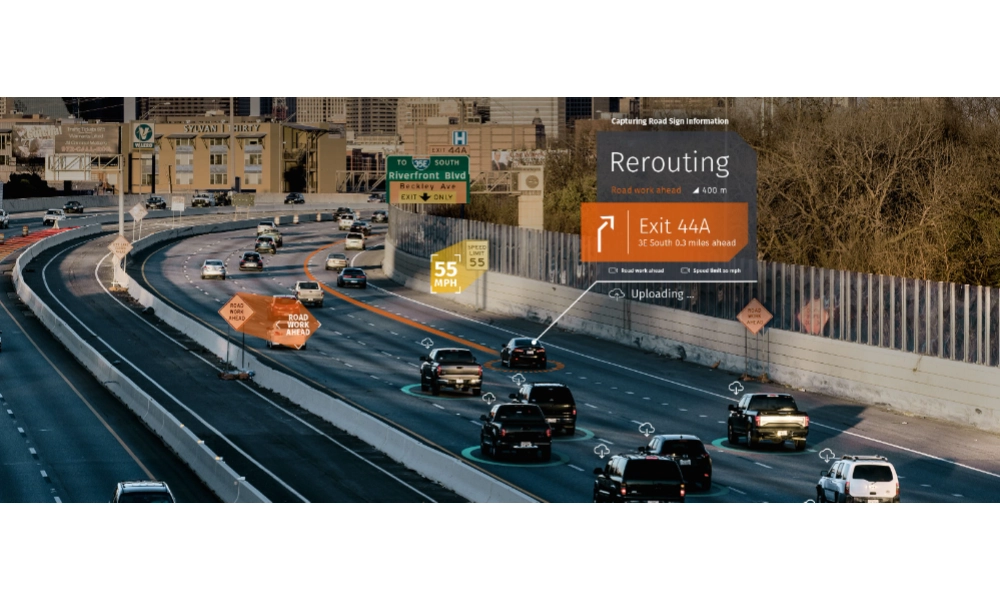The Future of Shared Electric Bikes: How GPS Trackers Enhance User Experience
Release time: 2025-08-13
As urban traffic congestion increases, shared electric bikes have rapidly become the preferred mode of transportation for city dwellers due to their environmental friendliness and convenience. However, how to enhance user experience and optimize operational efficiency remains a significant challenge for the shared electric bike industry. The introduction of GPS tracking technology provides a novel solution to these problems. It not only improves user experience but also significantly enhances operational management efficiency, further driving the development of the shared electric bike sector.

Improving Bike Availability and Reducing User Wait Time
One of the main concerns for shared electric bike users is finding a nearby available bike quickly. Traditional location technologies often have limited accuracy, leading to wasted time while users search for bikes, thus affecting travel efficiency. With GPS tracking, precise real-time location tracking is possible, allowing users to accurately locate the nearest available bike through an app, drastically reducing the time spent searching for a vehicle. Additionally, real-time GPS systems can provide real-time status updates on the bike, such as whether it’s in use, whether it has sufficient charge, and other critical information, preventing users from wasting time on unavailable bikes.
Intelligent Dispatch and Optimizing Bike Distribution
The usage of shared electric bikes tends to vary across different city areas. Popular areas, such as commercial centers and transportation hubs, often experience high demand for bikes, while remote areas may have an excess of vehicles. With GPS tracking, operators can monitor the distribution of bikes in real-time and intelligently dispatch vehicles based on demand. For instance, when an area has a shortage of bikes, the system can quickly dispatch vehicles there to ensure that users in high-demand areas can easily find a bike. Conversely, when there is an oversupply of bikes in a certain area, operators can redistribute the bikes to prevent wastage of resources. This way, GPS tracking not only increases the efficiency of users’ trips but also helps operators optimize vehicle management.
Enhancing Security to Prevent Theft and Damage
A significant security concern for shared electric bikes is theft and damage. Since these bikes are public property, theft can result in significant losses for operators. The use of GPS trackers allows for real-time tracking of each bike, and if a bike is moved illegally or an anomaly occurs, the system will send an automatic alert, enabling operators to take action promptly to prevent theft. Furthermore, GPS tracking can monitor the bike’s usage and detect any damage or malfunction, ensuring that bikes are properly maintained and safe for users.
Data Analysis and Personalized Services to Increase User Satisfaction
GPS tracking device not only provides real-time location information for users and operators but also collects large amounts of data, such as travel routes, usage times, and frequently visited areas. This data can help operators gain deeper insights into user preferences, allowing them to offer more personalized services. For example, operators can recommend frequently used routes to users or provide discounts based on their travel habits, further enhancing user experience. By analyzing big data, operators can also identify potential issues, such as bike concentration in specific areas or frequent maintenance needs, and make timely adjustments to optimize services.
The shared electric bike industry is rapidly evolving, and the introduction of GPS tracking provides strong technological support for its future optimization and development. By improving bike availability, enabling intelligent dispatch, enhancing security, and enabling data-driven personalization, GPS technology offers users a more convenient, secure, and efficient travel experience while driving the industry toward more intelligent and refined operations. As technology continues to progress, GPS trackers will play an increasingly important role in the future of shared mobility.

